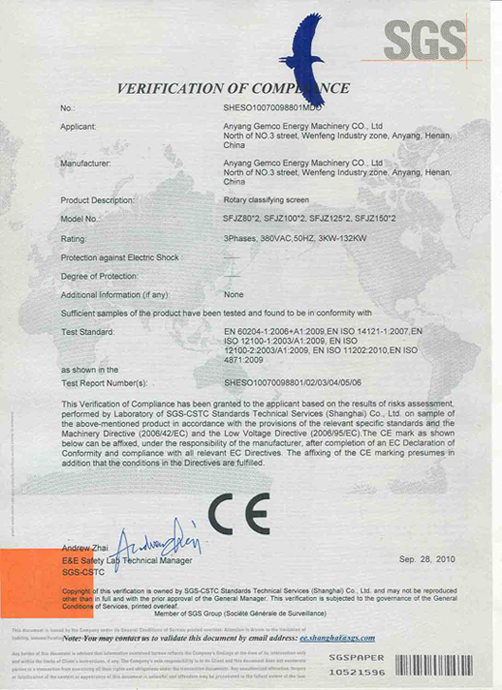History and background of pellets

Pellets have been produced for over a century, by using heat and pressure small cylindrical pellets can be produced from a variety of materials for different purposes.
In the 1970’s some companies who used pellet mills for animal feed, started to look into producing wood pellets as a fuel source. However because of the cheap fossil fuels that were available, the wood pellet market struggled to grow.
In the 21st century wood pellets and fuel pellets in general are seeing rapid growth, even resulting in supply problems. Due to high oil and gas prices, and concerns over climate change, fuel pellets are a clean, cheap heating fuel than can help to reduce global warming.
Over the last decade there have been two major factors, which have been driving the growth of the pellet fuel market. The first is consistent rise in the cost of fossil fuels and price instability, and the second is the increased attention of the effects of using fossil fuels such as oil and gas on the environment. Other factors, which support the case for pellets is they are a fuel that can be produced locally, from local wood and biomass materials.
Pellet production and distribution can produce an affordable fuel, creating local jobs while keeping the fuels carbon footprint to a minimum.









